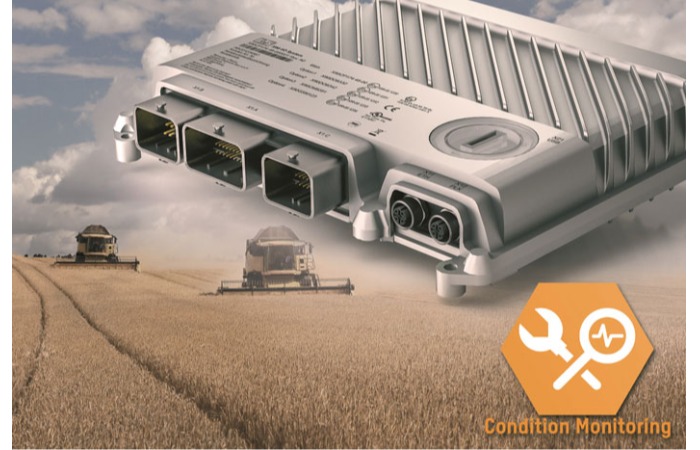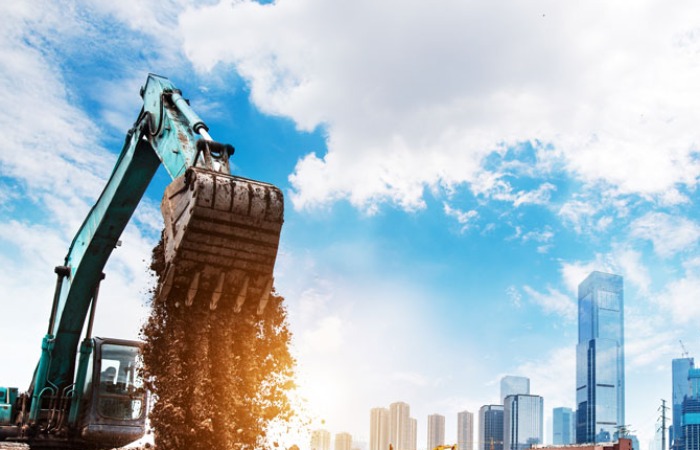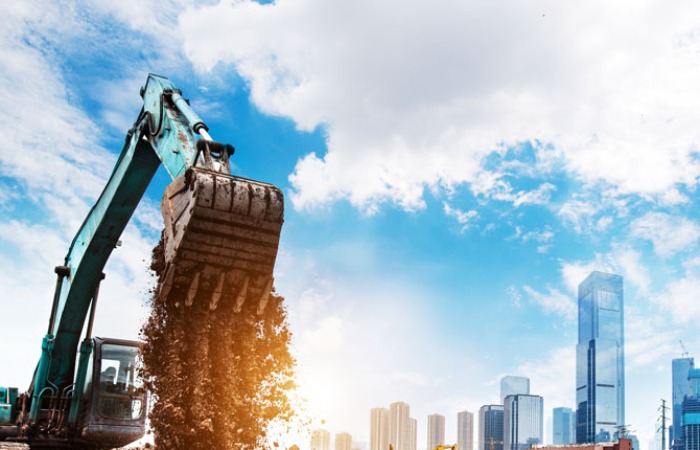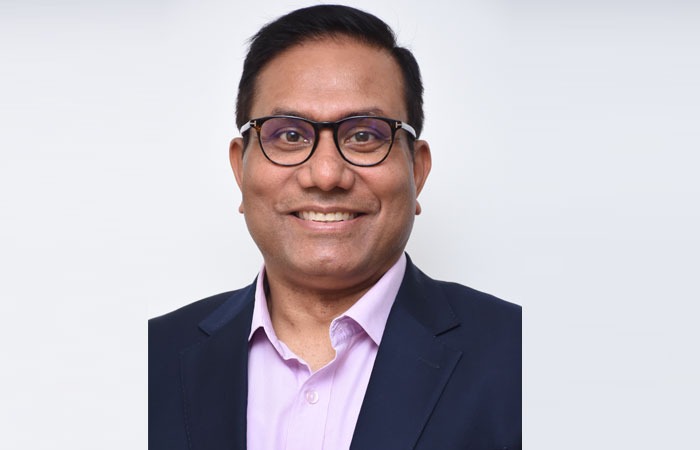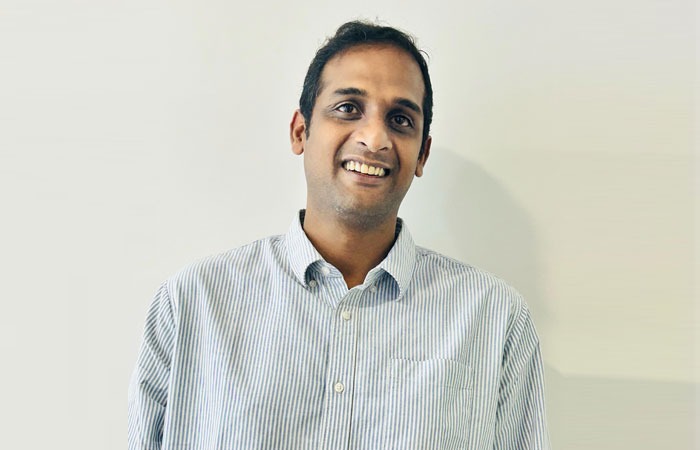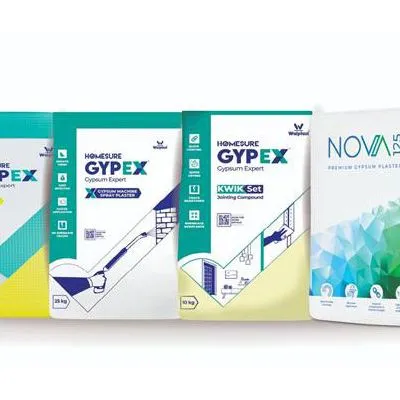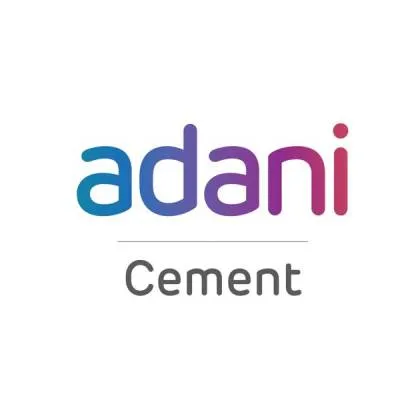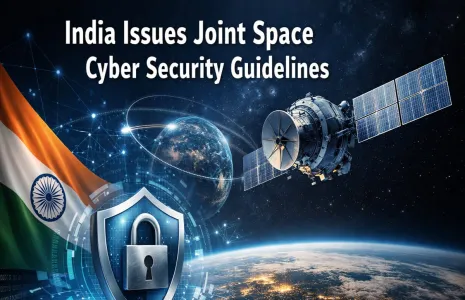Schedule a Call Back
Achieving landmarks with technology
2019-04-01
Afcons Infrastructure Ltd has been on the Metro construction landscape since it was first introduced in India, with Kolkata Metro commencing operations in 1984. Subsequently, for Delhi Metro, the Shapoorji Pallonji Group company secured an elevated Metro package in 2000 and completed the 4.5-km construction in 2003. Since then, it has completed over 42 kms of elevated Metro construction, underground station construction and aero-city alignment in the national capital.
At present, Afcons is building Metro rail infrastructure in Kolkata, Ahmedabad, Nagpur and Chennai. ?We have constructed over 100 kms of Metro rail, and more than 30 elevated and underground stations in five Indian cities,? says R Anantakumar, Executive Vice President, and BU Head, Urban Infrastructure, Afcons, as he shares the company?s key achievements in the segment...
Success of Metro rail projects in India
In India, Metro Rail Transit System (MRTS) projects are being undertaken across 13 cities, with the plan to introduce MRTS in 50 cities. Afcons built India?s first underwater Metro tunnels for Kolkata Metro below Hooghly River in just 67 days, and is also constructing the country?s deepest Metro station at Howrah. We are among the first Indian infrastructure companies to have constructed an underground Metro station without a foreign JV at Barakhamba in New Delhi. Recently, we also completed the construction of one of Asia?s biggest Metro stations, Chennai Central.
Processes or mandates for quality
An ISO 9001:2015 certified company for quality of work, Afcons is also OHSMS ISO 45001:2018 certified. We follow an approved Standard Quality Assurance plan for every project as well as specific Quality Assurance plans, which form part of our contract. Also, construction material, including cement, reinforcement and structural steel, is sourced directly from primary manufacturers. We ensure further quality checks in laboratories at sites as well as by third parties. Every lot of construction material is sampled at prefixed intervals and tested before use. This streamlines the entire process and provides the best output.
Technology innovations
- We have used the under-slung method of segmental construction to facilitate lighter launching system capable of negotiating sharp curves. This was further improvised to negotiate portals without dismantling by temporarily raising the launching of spans and thereafter lowering them.
- We have implemented top-down methodology for underground station construction to reduce the temporary structuring requirement.
- For certain projects, we have used temporary staging to facilitate the launching of truss walk over the station location without complete dismantling.
- The extensive use of steam curing to hasten concrete curing in winters has proved effective for us. Besides, we extensively use prefabricated steel spans, concrete girders erected by cranes, sacrificial formworks and additives like silica fumes and GGSB to improve overall construction quality.
- Our engineers have designed a customised staging system to erect spans without launching truss to be used at difficult locations.
- Another example of innovation in Chennai was the use of plunge column construction by Wirth Rig, also known as Reverse Circulation Drilling (RCD), to penetrate higher grade rock for pile construction. In Chennai, we have also successfully retrieved a TBM from a bentonite flooded shaft.
- We used the overcut method for D-wall construction using a trench cutter and an innovative blade saw cutting method for cross-passage sump excavation.
- To negotiate loose soil strata, we have implemented tam grouting from surface for ground improvement. This has helped stabilise loose pockets over rock during mixed-face tunnelling.
- For Nagpur Metro, our in-house team has designed a double-decker launching girder that can negotiate a radius up to 200 m.
- Our engineers have also designed a ?Softeye? using styrofoam to ensure that TBMs can cut smoothly through D-walls. Also, special stripping stop-ends imported from Germany were used for the first time in India for Kolkata Metro.


Subscribe Now
Subscribe to our Newsletter & Stay updated
RECENT POSTS
Popular Tags
Folliow us
Related Stories
Walplast’s GypEx Range Secures GreenPro Certification
Walplast Products has received GreenPro Ecolabel certification from the CII-Green Products and Services Council for six products under its HomeSu...
Adani Cement, NAREDCO Form Strategic Alliance
Adani Cement has entered into a strategic partnership with the National Real Estate Development Council (NAREDCO) to support India’s expanding ...

